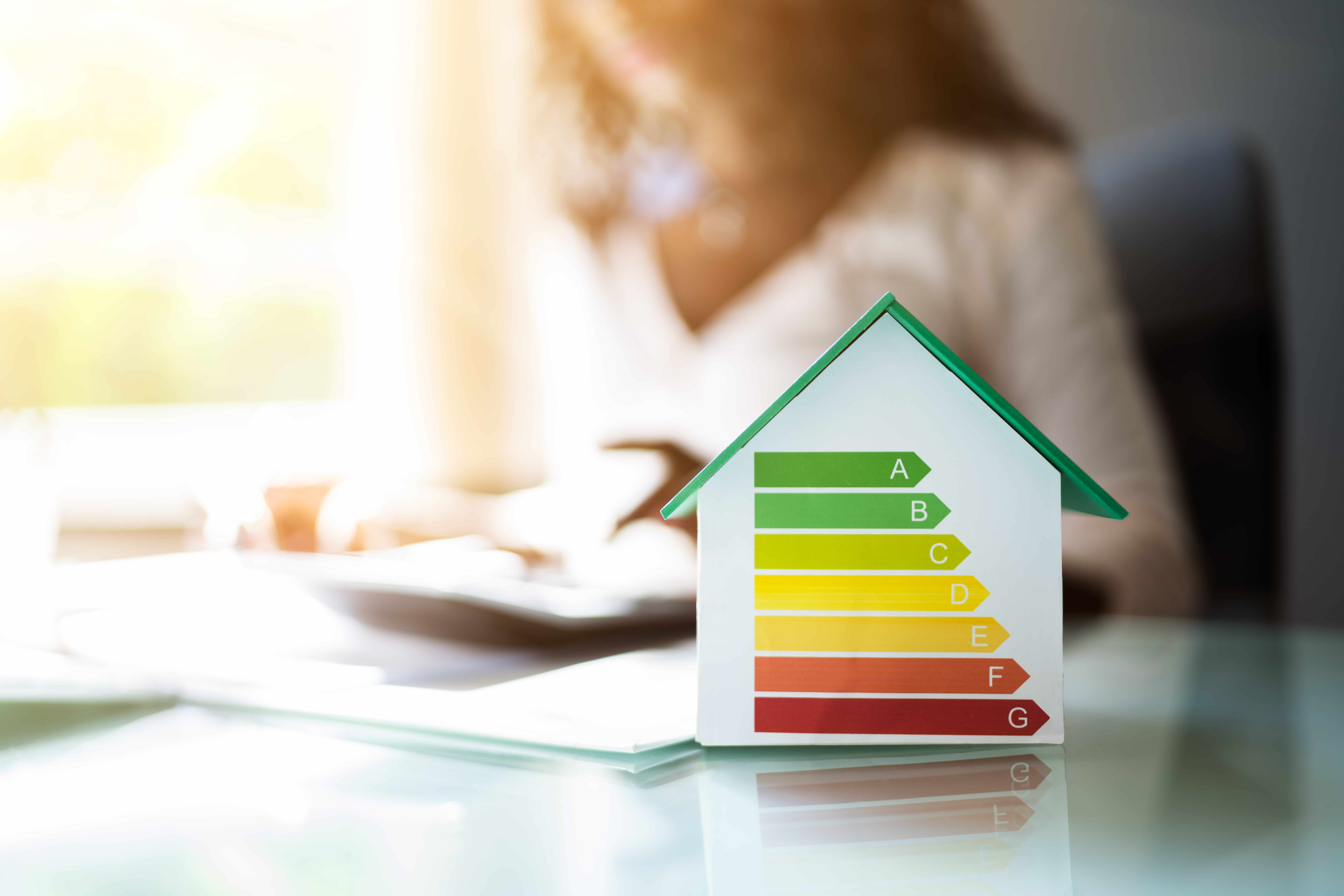
Energy efficiency and heating
It is a very common expression and identifies a theme that impacts everyday life. It concerns the environment as well as the value of properties and is increasingly at the centre of regulatory interventions. Let's discover together what energy efficiency is and how it can be achieved even with heating correct use.
What is energy efficiency?
In engineering language, energy efficiency is the ability of a system to achieve a certain result using less energy or to reach it by improving overall performance.
In more common terms, it refers to the optimization of energy consumption, reducing waste: maximum output with minimal effort.
If we consider a residential context and its energy needs, energy efficiency is achieved by reducing energy consumption related to heating and electricity, while still ensuring comfort and services.
Energy efficiency is expressed as a number from 0 to 1 in percentage:
- 0% corresponds to total waste, with energy consumed without producing any result;
- 100% indicates optimal efficiency, where every unit of energy input into the system translates into a result.
The concept of energy efficiency is connected to that of energy improvement: they are very similar, but the latter can be understood as a set of interventions to improve the energy efficiency of buildings.
What is an energy-efficient home?
To promote energy efficiency and reduce waste, laws and measures have been recently introduced.
Legislative interventions have been implemented over the past decades with the aim of:
- supporting energy-saving policies;
- accelerating the reduction of CO2 emissions;
- implementing measures to address climate change.
Concrete examples of energy improvement interventions include:
- insulation works such as the installation of thermal insulation;
- installation of low-consumption bulbs (LEDs) instead of incandescent ones;
- installation of solar panels and photovoltaic systems to harness solar energy;
- installation of heat pumps;
- installation of systems for the production or consumption of renewable energy sources.
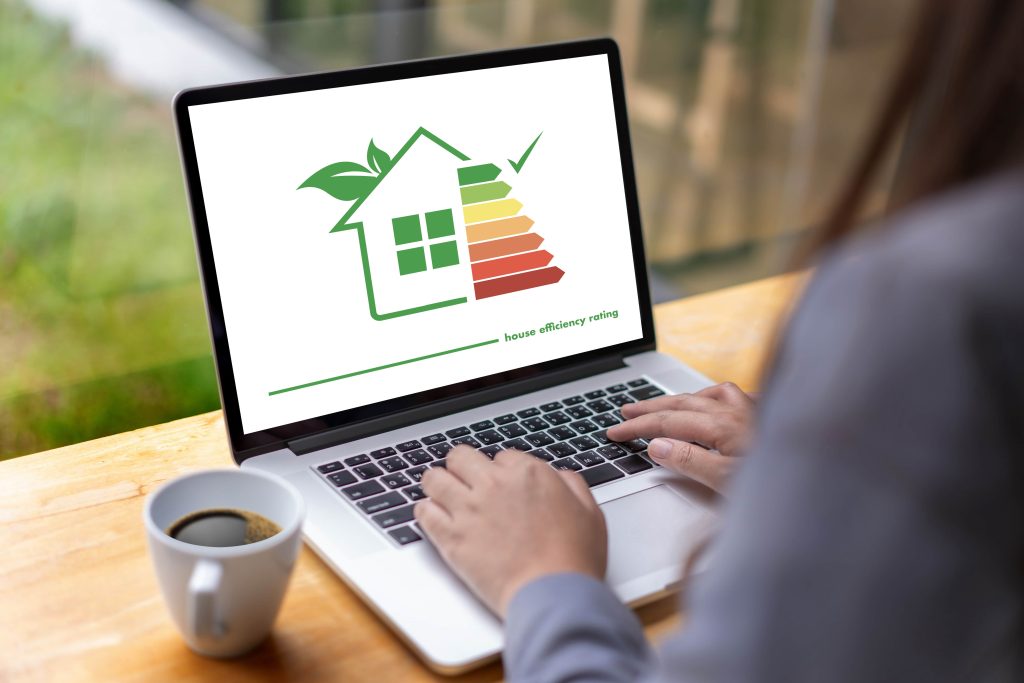
How to increase the efficiency of the heating system?
Heating expenses can significantly impact both household budgets and the environment. Finding the right approach to increase the energy efficiency of a heating system allows for cost reduction and maximised thermal benefits.
Even simple measures can make the difference, such as installing thermostatic valves on radiators. These valves enable the regulation of heat distribution in individual rooms, depending on their usage throughout the day. Conversely, running a radiator at full capacity when the room is empty only generates unnecessary heat loss.
Regarding radiators, technological advancements in the sector make it possible to install electric-only models, connected to the household electrical grid: they do not require resources such as gas for operation. In a home equipped with a photovoltaic system, they represent an even more sustainable and efficient approach. Models with Wi-Fi connectivity further facilitate remote control and energy efficiency.
With thermostatic valves, management becomes more precise. With a smart version, it not only becomes more accurate but also simpler. Smart thermostatic valves belong to the new generation of devices that contribute to the energy efficiency of the home and can be interacted with through the internet and voice assistants like Alexa or Google Home.
- They are designed to be constantly connected to the user through wireless communication and app notifications.
- They represent home automation tools for precise and remote monitoring at any time.
- They are equipped with sensors that detect window openings: thus, they interrupt heat distribution for a set period, preventing its dispersion.
The combination of thermostatic valves and smart thermostats further enhances the heating system's energy performance. The thermostat enables the programming of system activation and deactivation and measures the ambient temperature to initiate or cease the heat generator's operation.
- With technological solutions that make it smart, the thermostat also provides useful real-time information to the user.
- It signals any anomalies and detects humidity levels and air quality with extreme precision.
- Programming is immediate and easily customizable according to residents' habits.
Energy efficiency at home also involves adopting heat generators such as heat pumps, which fully exploit renewable sources like air for heating and domestic hot water production.
They are the most immediate evolution of condensing boilers, which already contribute to reducing energy consumption by recovering additional energy from exhaust gases.
Home automation, innovative systems, and maintenance: despite appearing obvious, this is a key step for the proper functioning of the heating system. From the boiler to the radiator, it ensures high efficiency in performance and energy consumption.

How to measure home energy efficiency?
Energy efficiency contributes to increasing the value of a property. A home that consumes little energy without reducing the performance of the services required brings economic and environmental benefits.
To measure the energy efficiency of a home, it is necessary to gather data for a final evaluation.
- The quality of thermal insulation in walls, roof, flooring, and windows must be assessed. Good insulation reduces heat and cooling losses.
- Heating and cooling systems such as boilers, heat pumps, and air conditioners are examined.
- The energy efficiency of household appliances and lighting systems used in the home must be considered. Low energy consumption reduces overall energy consumption.
- Electrical systems should be inspected to consider replacing old and unreliable equipment.
- If the building has renewable energy systems, it is necessary to determine to what extent they contribute to reducing dependence on non-renewable energy sources.
Other articles
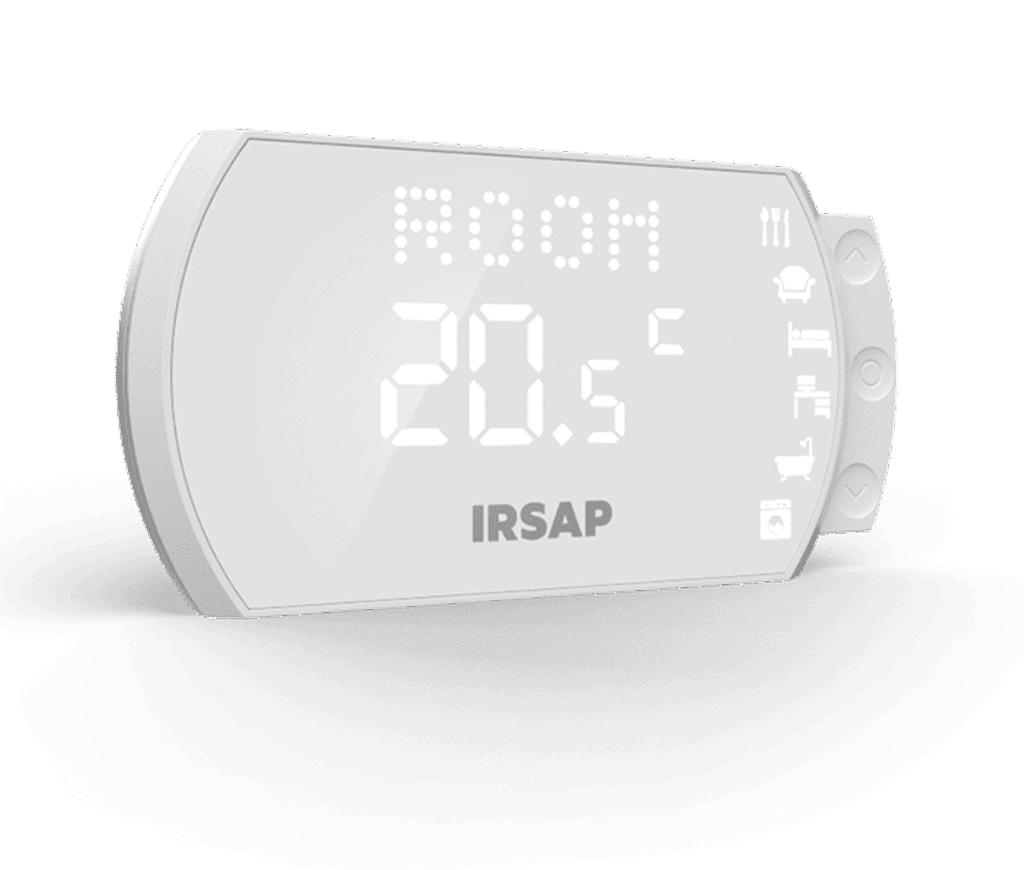
Smart Thermostat
The Smart Thermostat allows you to precisely set and measure the temperature of the room in which it is installed. Thanks to its advanced functionalities it also allows you to control humidity and air quality.
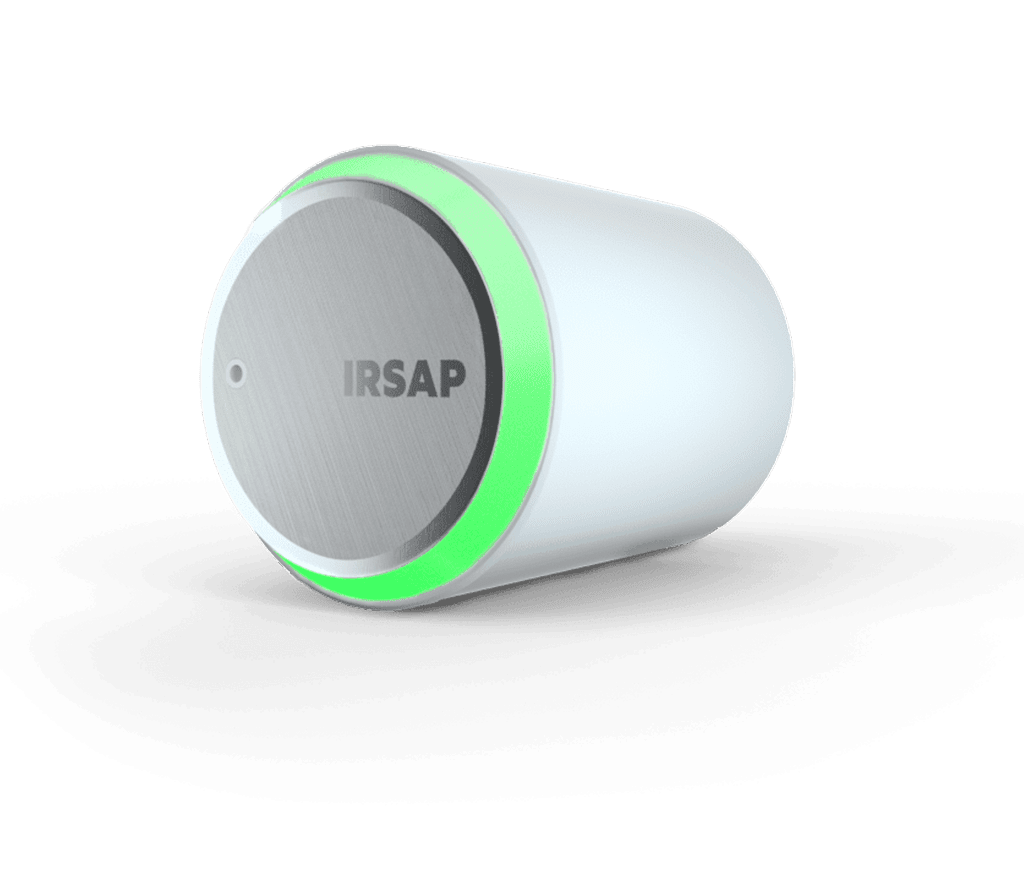
Smart Valve
With IRSAP NOW Smart Valves you control the temperature intelligently from wherever and whenver you want via smartphone. Our wireless thermostatic valves are compatible with all radiator brands and leading hydraulic valve manufacturers.
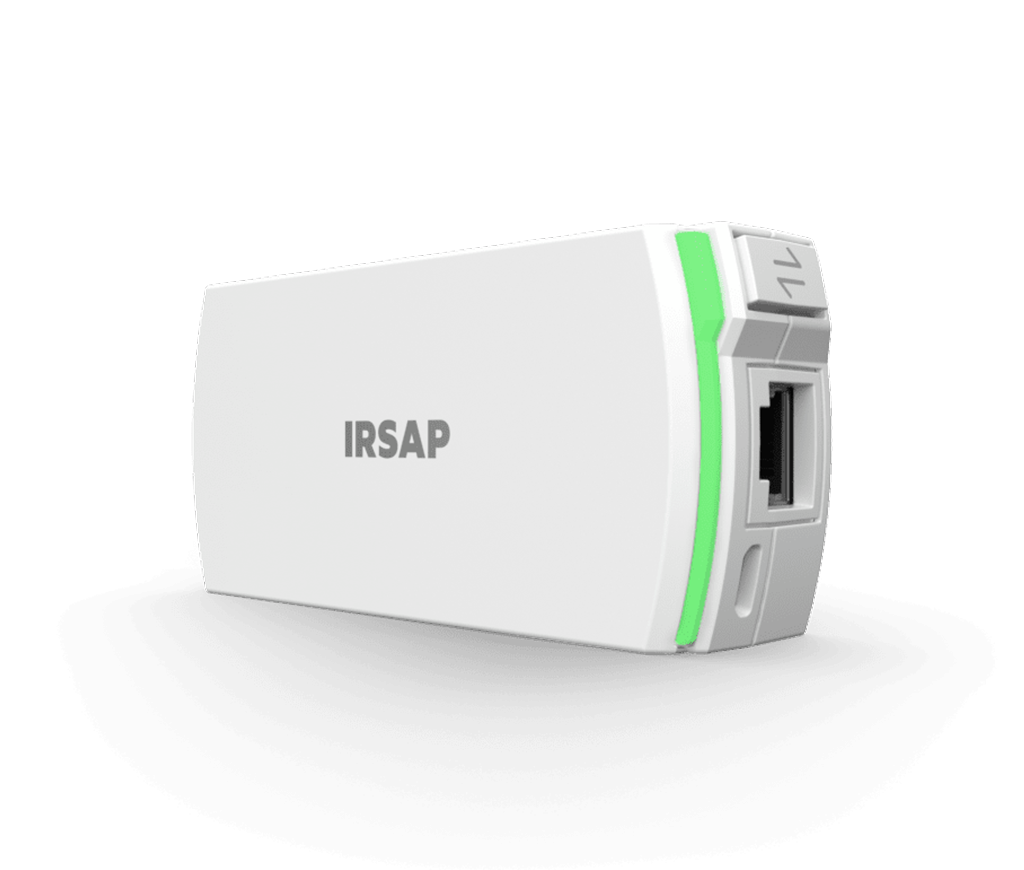
Connection Unit & Repeater
The Connection Unit is connected to your home router and is indispensable for controlling all the other devices in the system from wherever and whenever you want directly from your smartphone.






